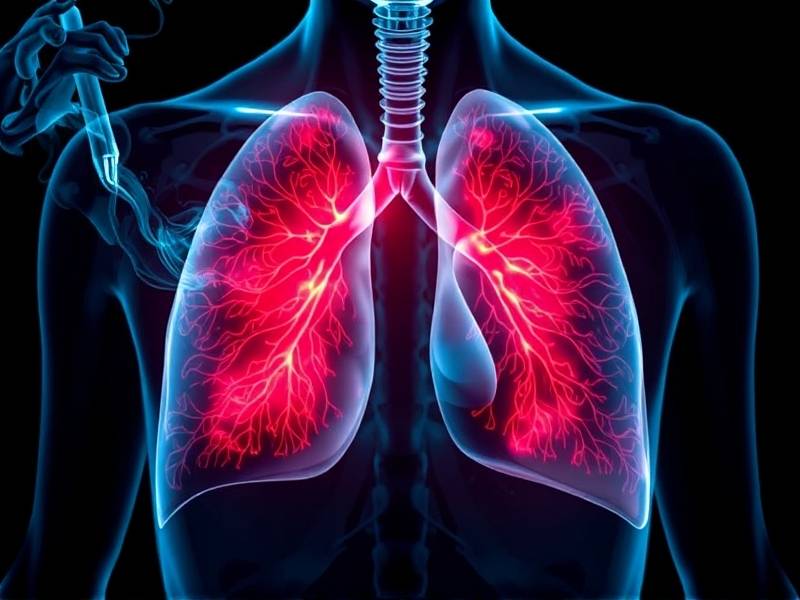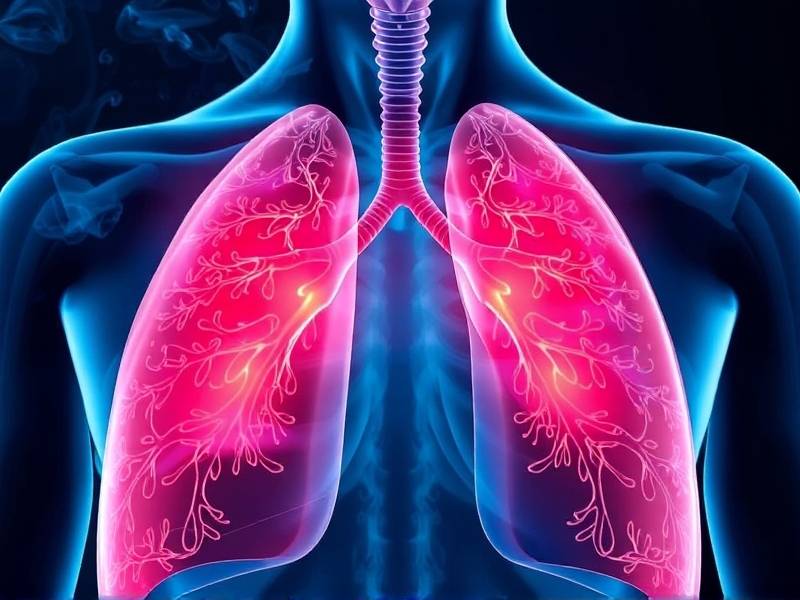Why Do My Lungs Hurt When I Quit Smoking? The Science Behind the Pain
Understanding the Discomfort
Quitting smoking is a significant step towards a healthier life, but it often comes with unexpected challenges. One of the most common experiences reported by former smokers is discomfort or pain in the lungs. This article delves into why this happens and what science has to say about it.

The Body's Response to Smoking Cessation
When you quit smoking, your body goes through a series of changes as it tries to repair and heal from the damage caused by tobacco smoke. This process can sometimes be uncomfortable, and understanding why can help you navigate this phase more effectively.
The Role of Nicotine
Nicotine, the primary addictive substance in cigarettes, affects your brain's reward system. When you stop smoking, your body experiences withdrawal symptoms, including increased sensitivity to pain.

The Science Behind Lung Pain
Inflammation and Irritation
One of the primary reasons for lung pain after quitting smoking is inflammation. Tobacco smoke irritates the lining of your lungs, causing inflammation. As you stop smoking, this inflammation can become more noticeable as your body begins to heal.
Coughing and Mucus Production
Another common symptom associated with quitting smoking is coughing. This is due to increased mucus production as your body tries to clear out accumulated tar and toxins from the lungs. The act of coughing itself can cause discomfort in the chest area.
Healing Process
The healing process can also contribute to pain in your lungs. As damaged tissue repairs itself, it may cause mild discomfort or sharp pains that are part of the recovery process.
Coping with Lung Pain
Understanding that lung pain is a part of healing can make it easier to cope with. Here are some strategies that may help:
- Stay Hydrated: Drinking plenty of water can help thin mucus and make coughing more effective.
- Gentle Breathing Exercises: These exercises can improve lung function and reduce discomfort.
- Medication: Over-the-counter pain relievers like ibuprofen or acetaminophen may provide temporary relief.
- Seek Professional Advice: If lung pain persists or worsens, consult a healthcare professional for advice.
Conclusion
The discomfort or pain you might feel in your lungs after quitting smoking is a sign that your body is healing. While it might be challenging at times, understanding the science behind these sensations can help you manage them better. Remember, every step towards quitting smoking brings you closer to better health and well-being.
